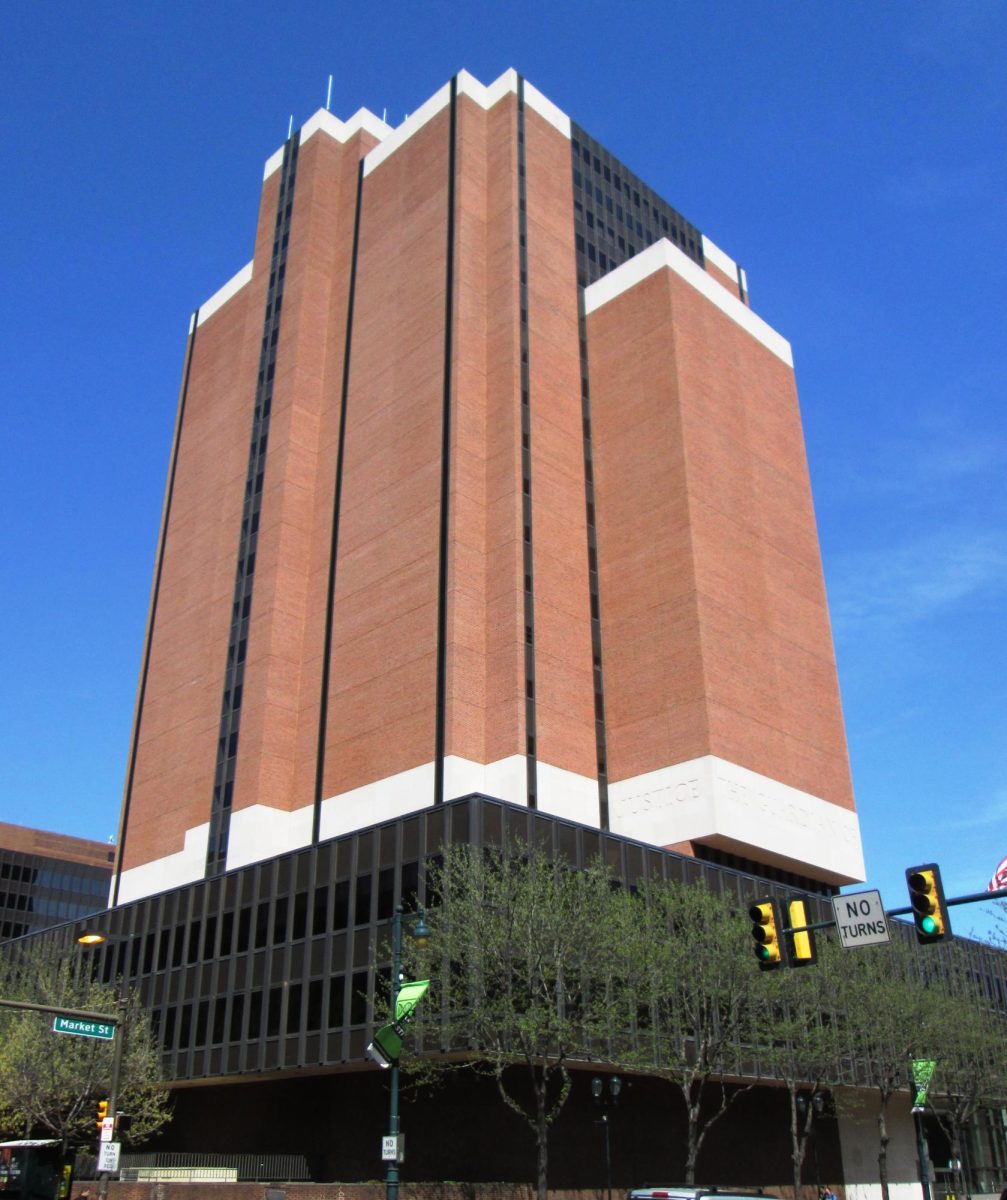A federal class-action lawsuit was filed against Lafayette last month by an alumnae who claimed that she is entitled to a partial refund of her tuition and student activities fees spent for the spring 2020 semester.
The former student, Julia Jin-Wolfson ‘23, claimed in the suit filed in the Eastern District of Pennsylvania on Oct. 17 that the college, through its advertisements of a “hands-on experience,” breached a contract between it and the tuition-paying students when it shuttered in-person operations due to the COVID-19 pandemic.
The suit was filed as a class-action complaint, meaning that other former students will have the opportunity to join as “similarly situated” individuals. It is unclear if other former students have joined the suit.
Jin-Wolfson did not respond to multiple requests for comment, and her attorney, Gary F. Lynch of Pittsburgh-based law firm Lynch Carpenter LLC, did not return a message left with a paralegal seeking his comment. The college’s legal office also declined to comment.
John Donovan ‘89, a Philadelphia-based attorney who has defended several class action lawsuits, explained that the cost associated with defending cases such as the one filed by Jin-Wolfson “tends to lead towards early settlement.”
“It’s an expensive and hard road to hoe for defendants in cases like this,” Donovan said.
Several similar suits, including against Johns Hopkins University and the University of Pennsylvania, have been settled for millions of dollars in recent years – the plaintiffs in the Penn suit were represented by the same attorneys as Jin-Wolfson. Funds from the settlements were dispersed to students who attended the respective universities at the outset of the pandemic.
But not all such suits have ended in settlements. A federal judge in Rhode Island threw out lawsuits against several area universities, including Brown, writing in his ruling that the pandemic rendered compliance with the contract impossible. The judge also swatted down claims of “unjust enrichment,” writing in his ruling that because the universities used the fees paid by students to provide programming to students and salaries to professors — a policy that Lafayette also adheres to — the defendants were not unjustly enriched.
Vanessa Pearson, the director of student involvement, said that Lafayette continued to provide programming to students through the early months of the pandemic, albeit virtually. A representative for the finance office confirmed that tuition dollars are what pay the college’s employees, who continued to be paid in full with benefits until the college announced pay cuts on May 28, 2020. Jin-Wolfson’s complaint only extends to May 18, 2020.
The college did refund room and board fees for the period in question, which the suit acknowledges, in part contributing to the $40 million loss in revenue reported by the college during the pandemic.
Dylan Gooding ‘23, who was also sent home during the spring 2020 semester, had mixed feelings about the lawsuit.
“You didn’t really get the in-person experience,” Gooding said. “It was a bit of a crapshoot.”
Gooding, for his part, would be hesitant to join the suit.
“There are damages, but I think everyone, maybe even everyone in the whole world, had that damage,” Gooding said.
As of Wednesday, the most recent update in the case saw the college request an extension that would give it until Dec. 7 to respond to the suit.
Emma Chen ’24 contributed reporting.

























































































































